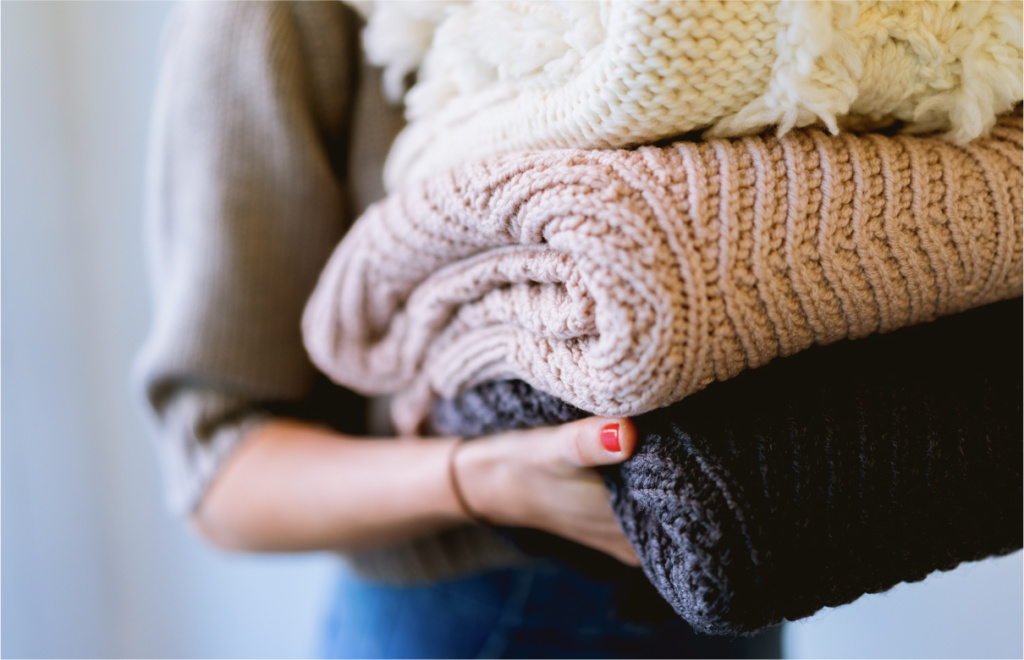8 Decluttering Questions That Actually Work

The wave of Marie Kondo’s popularity has devotees asking themselves if their cheese graters “spark joy” and thanking their college textbooks for their service. Her ruthless brand of decluttering, as depicted on Netflix’s Tidying up with Marie Kondo, centers around only keeping things that bring you joy in your home. When something no longer makes you happy, Kondo encourages homeowners to thank the item and pass it on or throw it out.
Hey, it makes for good TV. This approach is how Kondo gets cluttered spaces into organized havens. But while it works for Netflix, will it work for you? Wanting everything in your home to bring you joy is a noble goal, but it might not be the best approach. After all, some items in your home are simply utilitarian.
If the idea of decluttering with Kondo’s method leaves you feeling emotionally drained, it
Have I used this in the past year?
Some of the stuff in your home is seasonal, but everything should be used at least once a year. Use 12 months as a metric for whether or not something is actually useful. If you forgot you had something and it’s been gathering dust for the last year, it’s probably time to pass it on.
Does this benefit my lifestyle?
This is one of the questions to keep in mind while shopping and decluttering. It ensures you don’t buy something just for the sake of buying it. Asking yourself if an item really, truly benefits your life in some way can help you stop thoughtless purchases and help in the decluttering process. Think objectively: is your life better because you have a certain item? If it isn’t, why are you making space for it?
Do I have something else for the job?
It doesn’t matter if something sparks joy or not. If you already have something that does the job, you don’t need to make space in your home for it. From scrapping your double desk calendars to ditching an old food processor, getting rid of spares really frees up space in your home. It also helps you use your stuff more thoughtfully and even come up with different uses for your favorite things.
Would I take it if I moved?
Moving is the great equalizer when it comes to your stuff. When space comes at a premium and moving boxes are limited, you start to ask yourself what you really need at your new place. But you don’t have to wait until moving day to declutter. Ask yourself if you’d keep your stuff if you moved to a new home and you’ll quickly see what’s important and what you should pass on to someone else.
Why am I keeping this?
Think about why you’re keeping certain items in your home. Is it obligation? Guilt? Or because you truly love something and can’t imagine your home or life without it? It’s a question that bears asking and might have some surprising answers.
Would this be useful to someone else?
It’s easy to get attached to things in our homes. They’re often tokens of memories and experiences, even if they don’t really need to take up shelf space. But if you’re not actively using something, are you robbing someone else of the chance? It can be hard to let stuff go, so try being pragmatic. Would someone else use and love it the way you did? It’s easier to give your stuff a new life when you know it’ll be in good hands.
Would I buy this again?
As you’re decluttering, ask yourself, “If I saw this item in a store today, would I pay full price for it?” You’ll quickly see which items you’re keeping because you love them, and which items are just there because you haven’t decluttered yet. Your taste, lifestyle and preferences change over the years. If you wouldn’t get excited if you saw that picture frame, throw pillow or vase at the store, it’s probably time to let it go.
Does it make me happy?
Maybe Kondo was onto something. While “sparking joy” shouldn’t be the only decluttering criteria, it can help you. It’s all too easy to hold onto things out of a sheer habit. It’s also easy to just make a clean sweep in the spirit of minimalism. Somewhere in the middle, however, is the reality: stuff can make you happy. Whether it brings memories, it’s useful or you just like it, if it makes you happy, it’s worth making the space. Just remember to not ascribe too much of your happiness to your stuff.
Decluttering your home can help you stay organized and tidy, reducing stress. But the very act of decluttering can be super stressful. While Marie Kondo is the leader of the anti-clutter movement, expecting your belongings to spark joy might be putting too much pressure on your favorite umbrella or childhood teddy. Think more objectively about the process and you’ll achieve a home that is decluttered, organized and, yes, even joyful.
Source: Freshome


